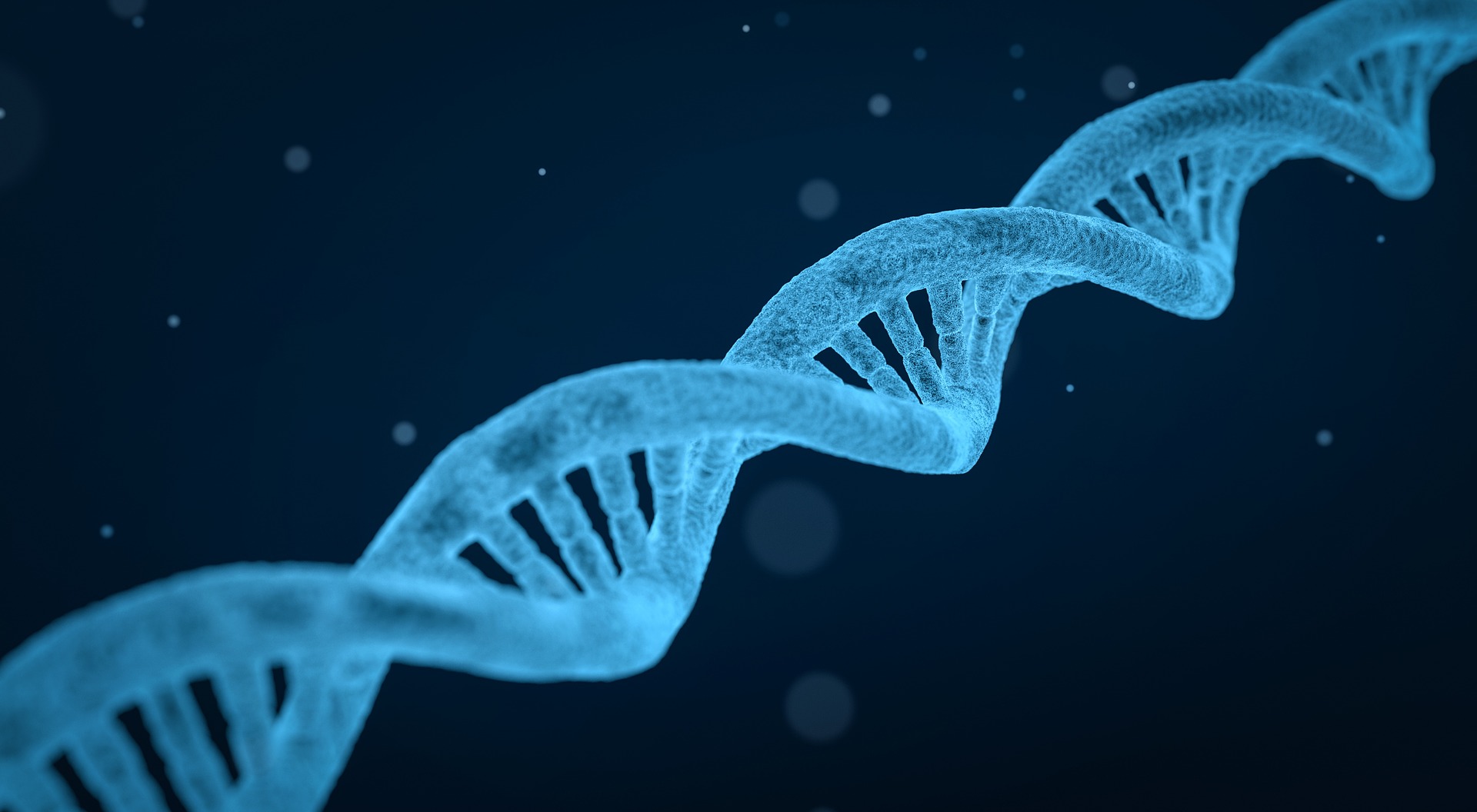Aggregated News

On March 13, Nature published a call for a global moratorium on heritable human genome editing signed by several prominent CRISPR researchers and bioethicists, including Eric Lander, Françoise Baylis, and Emmanuelle Charpentier. They proposed a temporary moratorium on germline genome editing to create gene-edited children. This moratorium is not designed to stop in vitro research in the laboratory or research on somatic (nonreproductive) cells, but it would cover the implantation of gene-edited embryos or the creation of children using gene-edited sperm or eggs. The authors specifically cite safety, scientific, technical, medical, and ethical/moral/societal reasons for calling the moratorium. Importantly, it is supported by the National Institutes of Health in the United States and the European Society for Human Reproduction and Embryology (ESHRE).
Although some criticism, notably from CRISPR pioneer Jennifer Doudna (who did not sign the moratorium statement), has focused on the possibility of a moratorium “of indefinite length,” this argument is somewhat of a straw man as the proposed moratorium is temporary. Doudna has also criticized a moratorium as being something that will suppress open discussion and...



